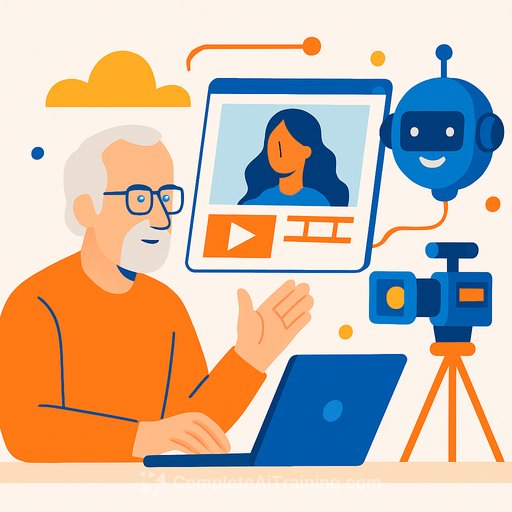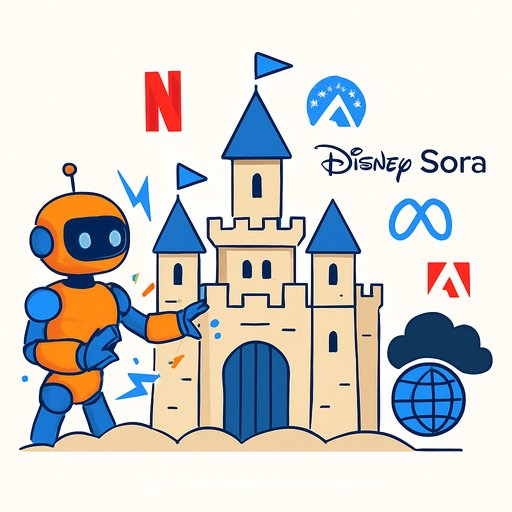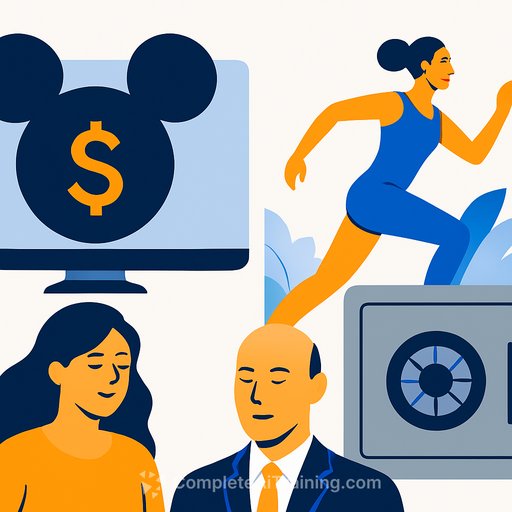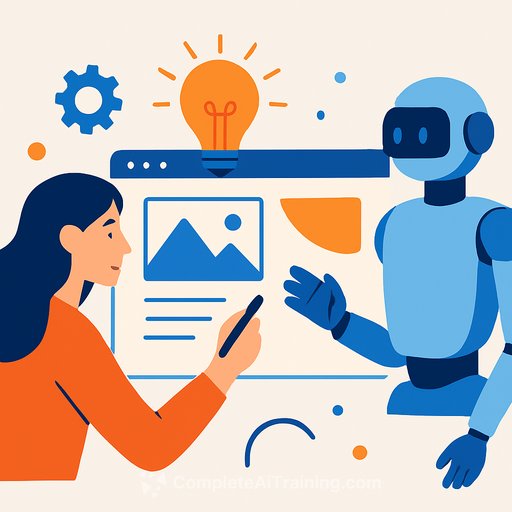James Cameron on Generative AI: Artists Must Take Control
James Cameron, the director behind blockbuster hits like Titanic and the Avatar series, has shared his perspective on generative AI, a technology that’s increasingly influencing filmmaking and creative work.
At 70, Cameron remains vocal about the challenges and opportunities this technology presents. Speaking to Screen Daily, he emphasized that artists need to take charge of generative AI rather than let it dictate the creative process.
Generative AI as a Tool, Not a Replacement
Cameron said, “I can’t think of anything coming up that is bigger and more important to us right now than confronting this generative AI issue.” He stressed the importance of controlling AI to ensure it stays an artistic tool instead of replacing artists.
His stance is clear: new technology should be learned and used with care. “I want to learn it, I want to master it for myself, then use my own best judgment about how I apply it to my personal art,” Cameron explained.
The Current AI Landscape: A “Wild West” for Creatives
The director compared the current state of AI in movies and television to the Wild West. There are few rules governing its use, and he believes artists themselves must set those rules moving forward.
This unregulated environment is causing tension in Hollywood, where unions like SAG-AFTRA are actively negotiating with studios over AI’s impact on jobs and creative rights.
Speeding Up Workflows Without Cutting Jobs
On the Boz to the Future podcast, Cameron discussed how generative AI could help reduce costs and speed up production for effects-heavy films, citing Dune as an example.
However, he was quick to clarify this doesn't mean cutting staff. Instead, AI can double the speed of completing shots, allowing artists to focus on new creative challenges. This approach keeps human input essential while improving efficiency.
Consistent with Cameron’s History of Embracing Technology
Throughout his career, Cameron has been at the forefront of adopting new tech, from pioneering CGI in Terminator 2 to advancing performance capture and 3D filmmaking in Avatar.
What sets generative AI apart is its potential to automate not just effects, but creative writing and filmmaking. This raises important questions about the role of human creativity in the process.
What Creatives Should Take Away
- Generative AI is a tool that can speed up workflows but requires active human guidance.
- Artists need to understand AI’s possibilities and limitations to maintain creative control.
- Setting clear ethical and professional boundaries around AI use in creative industries is critical.
- The technology should complement, not replace, human talent.
For creatives looking to build skills around AI tools and stay ahead, exploring courses on Complete AI Training can be a practical step.
Your membership also unlocks:






